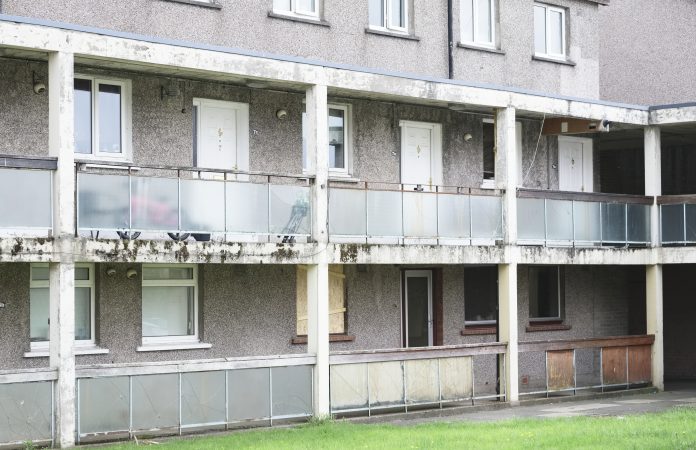The new Scientific Statement from the American Heart Association published in the Association’s journal Circulation: Cardiovascular Quality and Outcomes reveals how housing stability, safety, affordability, lack of access to high-quality housing and neighbourhood environment affect cardiovascular disease risk.
Study results showed that 70-80% of adults who were homeless smoked cigarettes, which contributes to 60% of CVD deaths in this population. 25% reported recent cocaine use, which increases risk of heart attack and 25% have a mental illness, which may contribute to delayed diagnosis and fragmented medical care.
Poor living conditions have been shown to affect mental health in both children and adults, which is associated with heart and blood vessel health and the inability to access healthy food options is a known cause for high body mass index, blood pressure, type 2 diabetes and metabolic syndrome.
Mario Sims, Ph.D., M.S., FAHA, chair of the writing group for the scientific statement, chief science officer of the Jackson Heart Study and professor in the department of medicine at the University of Mississippi Medical Center in Jackson, Mississippi, said: “The disparities in cardiovascular health among people who are homeless and marginally housed are largely due to psychosocial stressors, unhealthy behaviours used as coping mechanisms and barriers to health care, including lack of insurance and stigmatization among this population.
“Chronic housing insecurity may impact a person’s ability to eat properly, get quality sleep, schedule regular medical care or fill prescriptions due to cost. These factors all contribute to inadequate treatment to reduce cardiovascular risk factors such as high blood pressure, high cholesterol and tobacco use, and to the greater likelihood of having a cardiovascular event such as a heart attack or stroke.”








